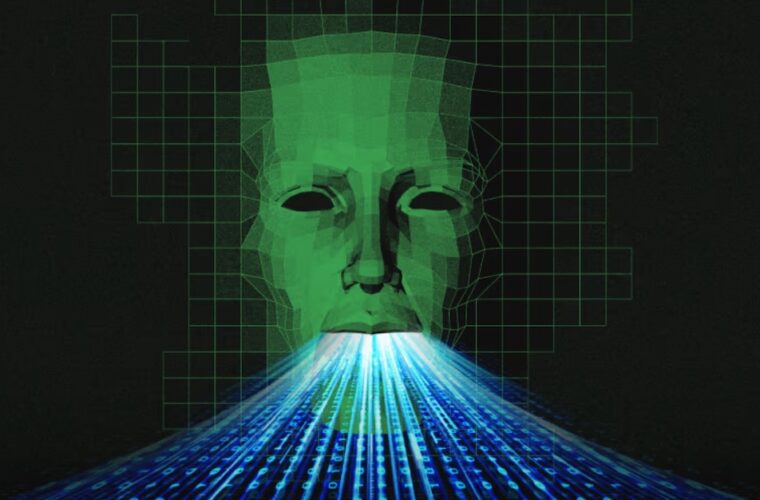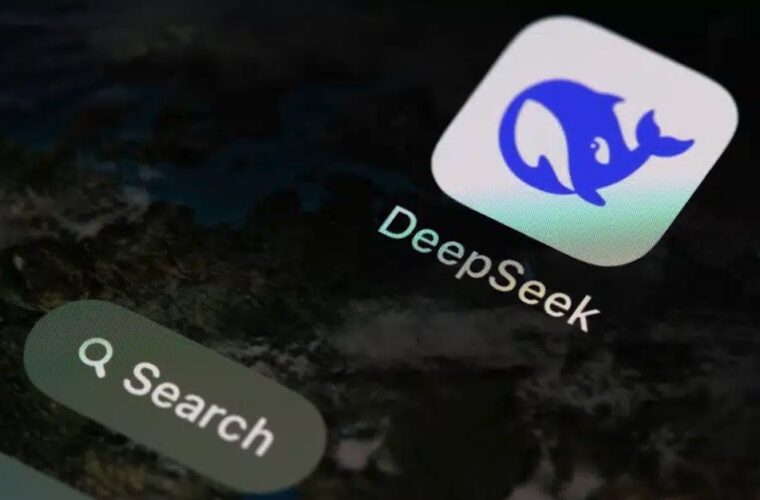A new way to search for the truth on the web without half measures
ChatGPT should not scare us, but we hope for a different way of searching for content on the net. To reject the help of artificial intelligence in the next era of the web is to reject innovation, something that would never have brought us to this level of knowledge today. When the world discovered ChatGPT, the most frightened thought the end was near. Artificial intelligence that can write sonnets, code, and help you cheat on exams has been hailed as the end of human agency.
We’ve been here before. It hasn’t been long since the arrival of deep fakes has cast doubts on the veracity on the web: after all, many tiktokers base their success on falsehoods, contents that show consequences resulting from actions performed at different times, which give the feeling of a dynamic cause and effect, never happened. An example among all? Videos of creators quickly opening and closing a saber, making it look like they’ve cut an apple in half. In short, the whole web is based on lies, and ChatGPT can be here to bring us more truth.

All about truth
The fact is, we are too concerned about the potential uses of emerging technologies and need more about the adoption and adaptations of established technologies. Fake news from Web 2.0 is far more effective at manipulating large audiences than any dystopian AI has been in recent weeks. For example, the Brazilian rioters’ secret weapon hasn’t been a new AI but the widespread use of TikTok among supporters who use the platform to organize protests and share messages among like-minded people.
TikTok’s algorithm is a master class in machine learning and gives people the content they want to see, but we no longer see it as a pain (at least in this respect) because TikTok is now part of our daily lives. This is ultimately the paradox we face with technology and its effects on society. Often, the more revolutionary the technology seems, the further it is from being widespread enough to be revolutionary. Corporations need to be far enough along the “technology adoption curve” to see any real effects.
Goodbye fake news
New technologies take time. Time for people to find new and unexpected uses for them and time for a critical mass of users to catch on. That said, in 2019, OpenAI, the creator of ChatGPT, deemed its version of the AI chatbot too dangerous for release to the public, saying it could easily have been used for nefarious reasons, namely fake news quickly generated by AI. What has changed since then?
Covid has given way to millions of people to believe in hoaxes about vaccines, false infections and deaths, even in countries like Italy, where the pandemic was tougher, causing too many victims. And if there was already ChatGpt? Perhaps we would have already had a better way to search for news on the web, instantly verified and capable of immediately eliminating doubts. We don’t know, but if anyone needs to start worrying about projects similar to AI chatbots, it’s the lie tellers and not the truth seekers, whether it’s a red or blue pill.



